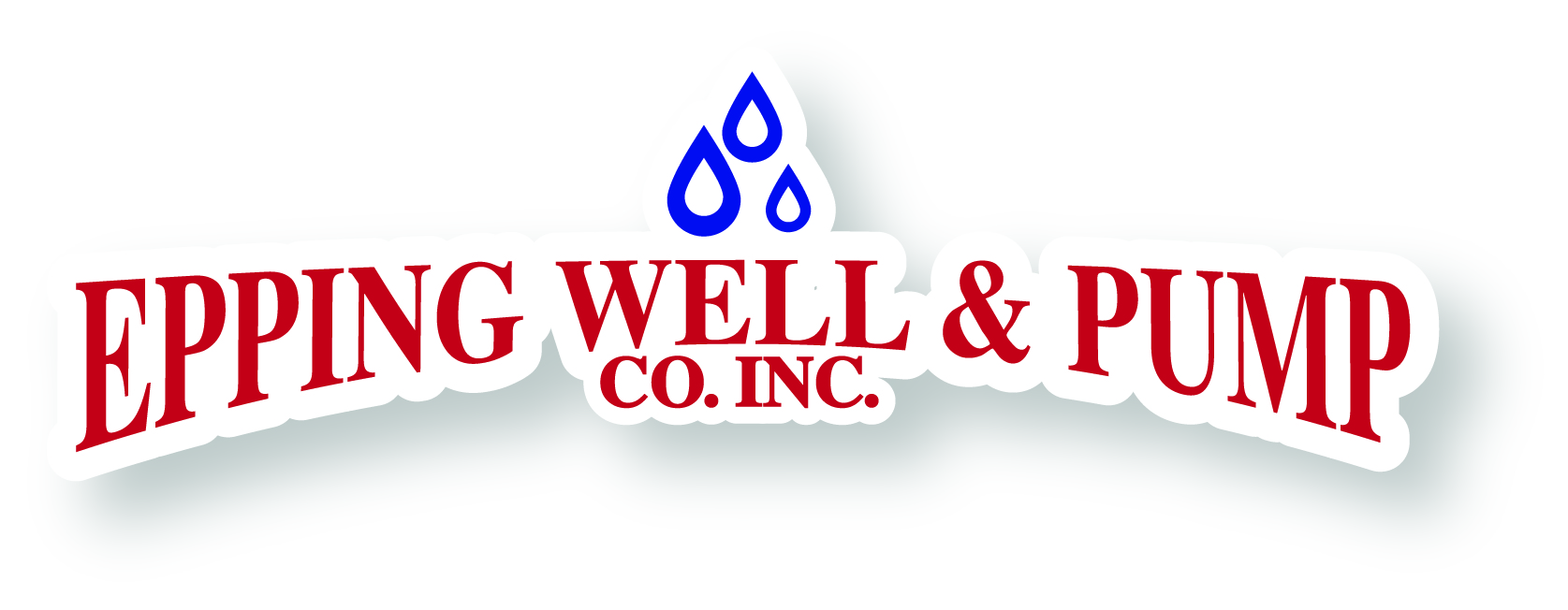
Below is information from our New Hampshire Department of Environmental Services in regard to Community Water Systems
Overview
Community water systems serve a residential population of at least 25 people or at least 15 service connections for at least 60 days per year. Drinking water quality standards, which consist of maximum contaminant levels (MCLs) and treatment technique standards, have been established for organic, inorganic and synthetic organic compounds, radiological contaminants and microbiological agents. Tracking the percentage of community water systems meeting these health based standards is one way to measure the overall drinking water quality provided to approximately 54% of our state’s residents; 46% of the populace uses private drinking water wells, which are not regulated.
Current Condition or Trend
Approximately 92 percent of community water systems met all health-based standards during the fourth calendar quarter of 2019, which is the most recent quarter for which complete data are available.
Explanation of Indicator & Trend
Meeting all drinking water quality standards established under state and federal regulations reduces public health risks. Many contaminants are naturally-occurring, such as arsenic and fluoride. Coliform bacteria are commonly found in the environment and their presence in drinking water suggests that other disease causing organisms may also be present. The presence of these microorganisms may be increased due to flooding, land use and other human activities. Organic and inorganic contaminants can be naturally occurring due to the underlying geology of the area or the result of human activities such as runoff from farming or releases from underground storage tanks.
The percentage of systems meeting all health-based standards fluctuates from 80% to 88%. The target goal, established by the U.S. Environmental Protection Agency (EPA), is currently 90%. In general, New Hampshire tends to have a higher number of MCL violations than other states; NHDES believes this is due to NHDES’s requirement that water testing laboratories report results directly to NHDES, rather than allowing water systems to potentially manipulate the data they report by either reporting results after they retest or by withholding test results and incurring a reporting violation rather than an MCL violation.
In 2015 NHDES began enforcing the Revised Total Coliform Rule to better ensure that drinking water is safe. The software used by EPA to consolidate drinking water compliance information has not yet been updated to incorporate this change; hence, total compliance data are not yet available for the third calendar quarter of 2015 and subsequent quarters. NHDES is working to develop total compliance data that will be comparable with earlier data shown in the graph.
How Does NHDES Address This?
NHDES administers the federal Safe Drinking Water Act and state statutes to ensure that safe drinking water is reliably being provided at approximately 2,400 public water systems throughout the state. Public water systems, which include community water systems, are entities that provide water to at least 15 service connections or serve an average of at least 25 people for at least 60 days a year. NHDES’s PWS supervision activities include:
- Enforcing all state and federal standards for public water systems. Should a system fail to monitor according to schedule, exceed an MCL, fail to use a required treatment technique, fail to perform public notice, or fail to correct a significant deficiency identified in a sanitary survey, the system is issued a Notice of Violation (NOV). In the majority of cases, water systems come back into compliance in response to an NOV. In a small number of cases, additional enforcement action is required, ranging from a Letter of Deficiency (LOD) to an Administrative Order (AO), and/or the imposition of Administrative Fines. On rare occasions, it has been necessary to refer a water system to the NH Office of Attorney General for civil and/or criminal penalties. Throughout the process, DWGB provides technical assistance and guidance to help systems return to compliance.
- Protecting groundwater by permitting and regulating large groundwater withdrawals and discharges to groundwater;
- Working with municipalities and water systems to implement local groundwater protection programs;
- Coordinating the efforts of other NHDES programs to protect drinking water sources;
- Implementing the state’s Water Well Program;
- Promoting conservation and ensuring accurate water use reporting; and
- Evaluating and accrediting laboratories that test water.
